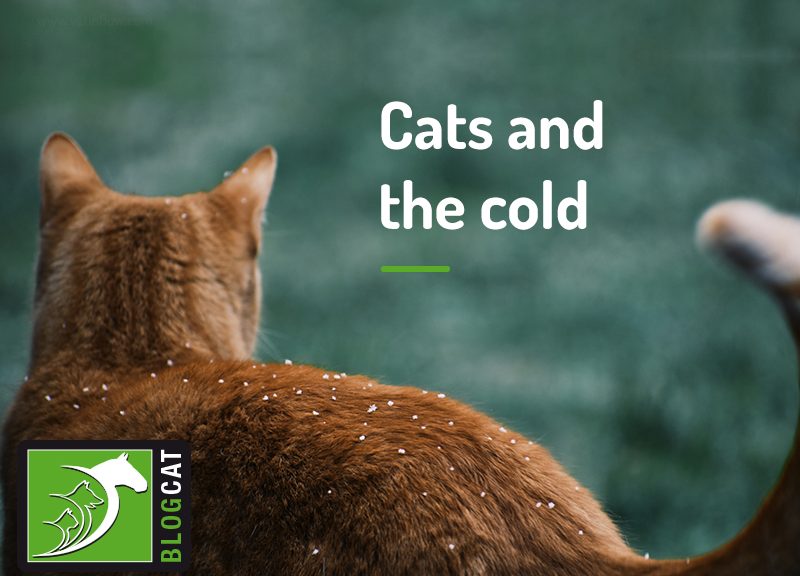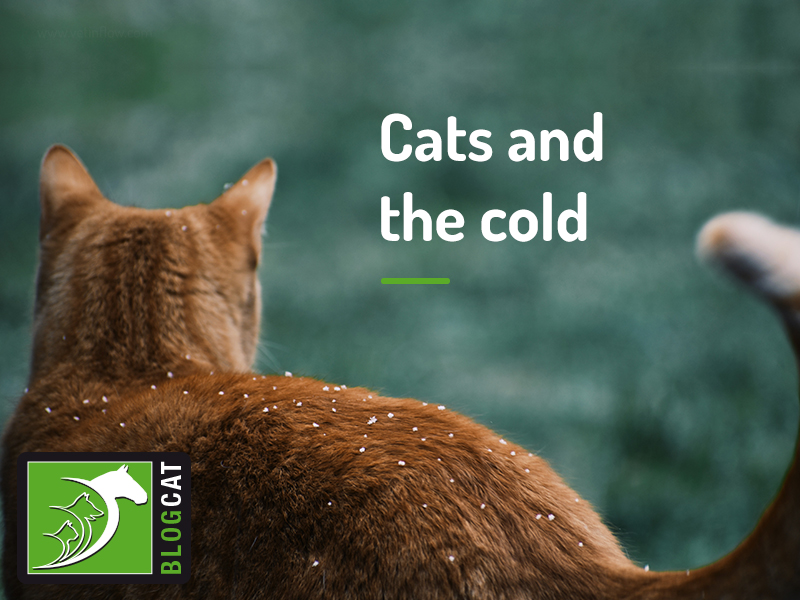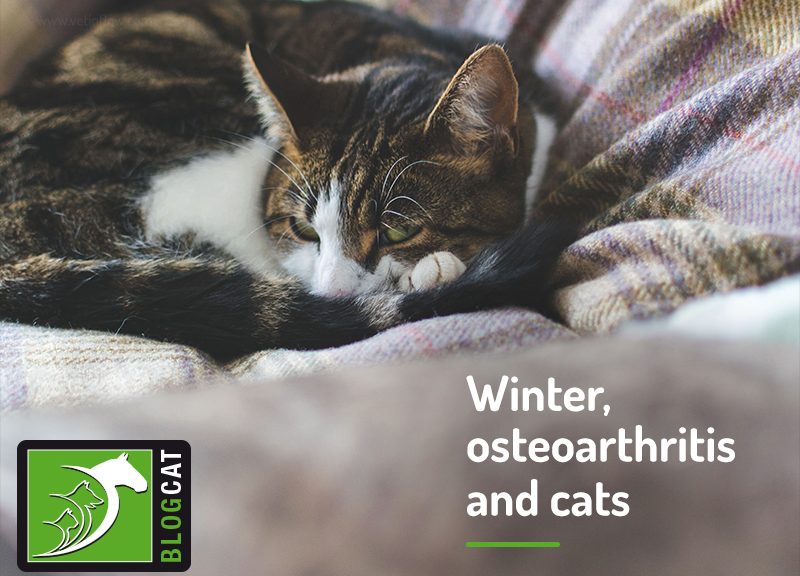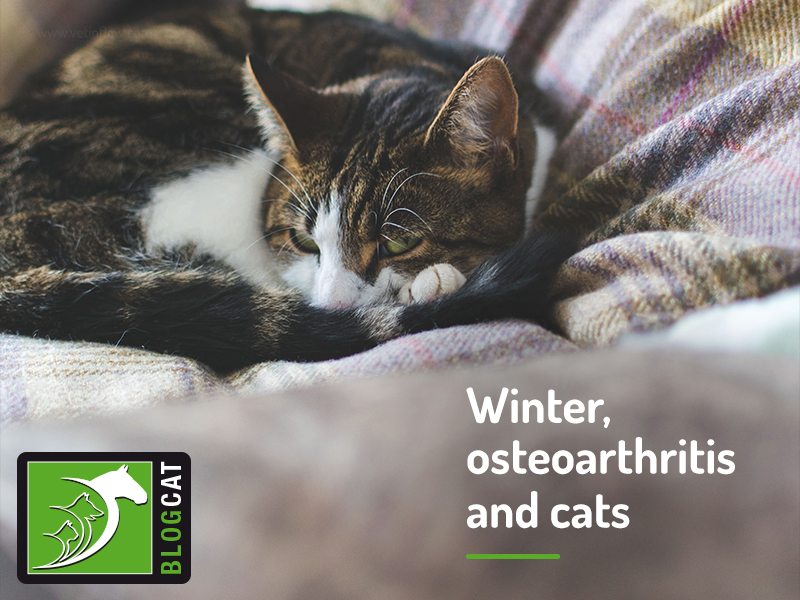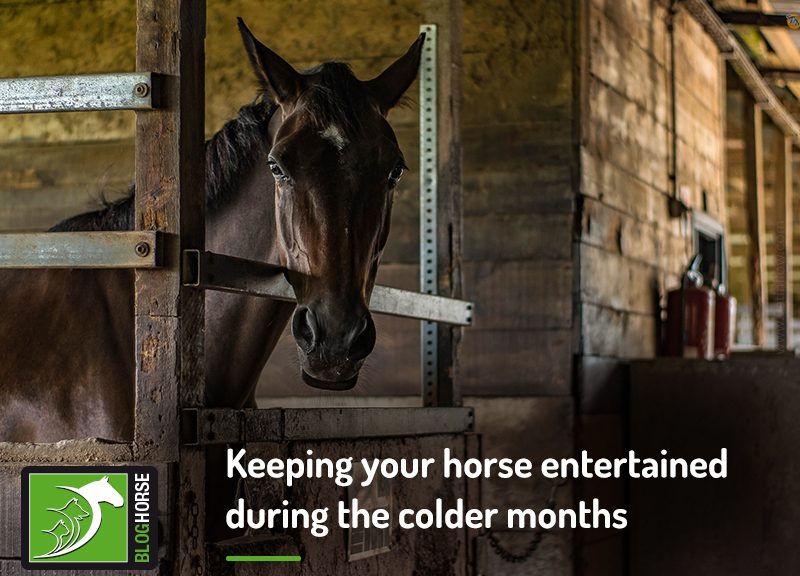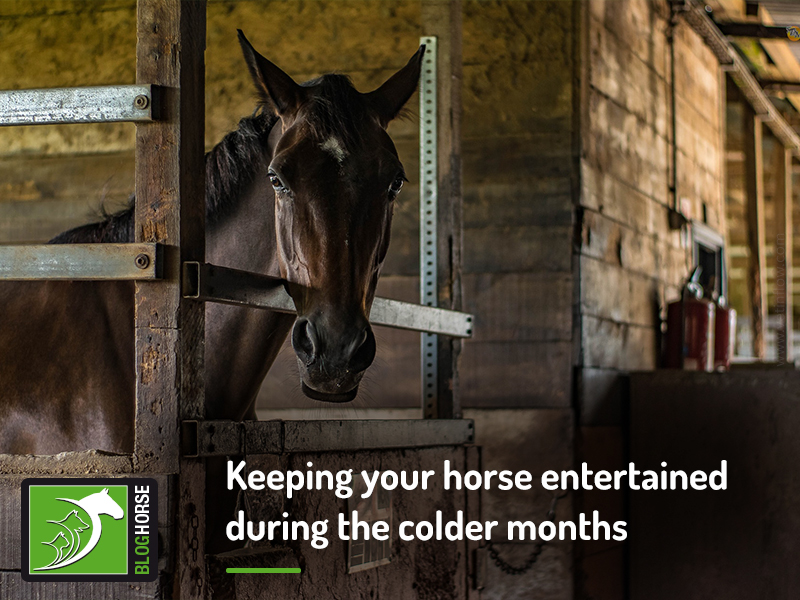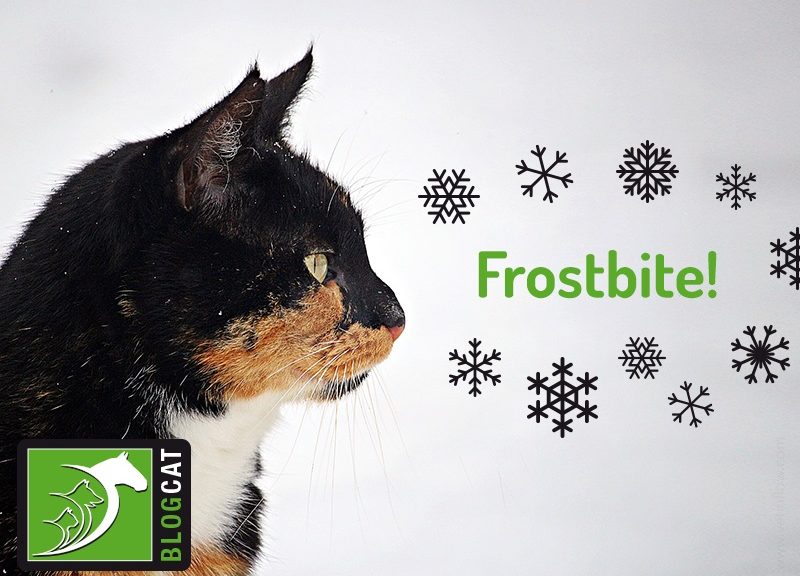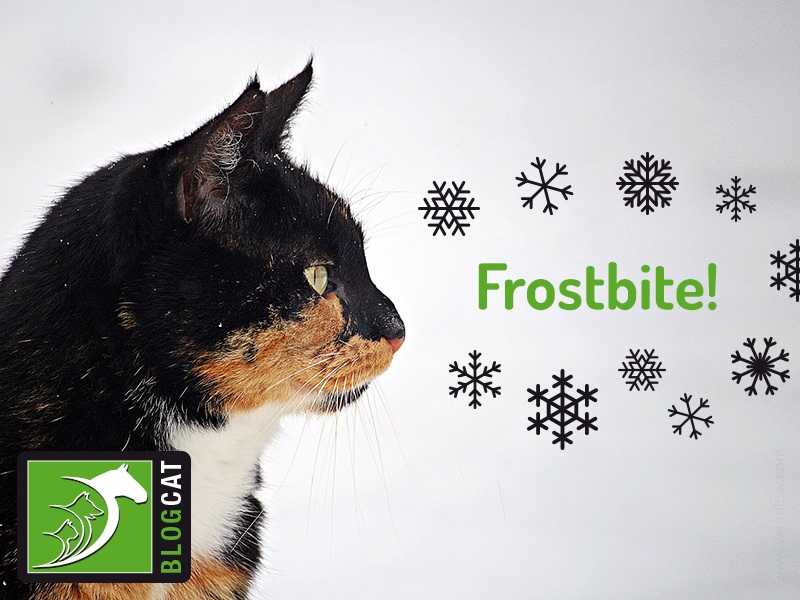As winter is fast approaching, we would like to take some time to talk about our cats’ relationship with the cold and the different ways that it can affect their comfort.
If we had to point out some of the most common features of our beloved domestic felines, we’d probably have “love warm spots to sleep on!” quite high on our list. This would be right next to purring and also their capacity to effortlessly charm us into forgiving them for tossing random things onto the floor.
Despite their luxurious coats, cats generally are not adapted as well to the cold climates as dogs. Most breeds lack the thick, insulating fur that makes freezing temperatures bearable for dogs like Huskies or Samoyeds, with the added issue that they are incapable of retaining body heat when their non-insulating coat is wet.
As temperatures continue to drop, how can we make sure we are well prepared to help our furry friends?
- Make sure you don’t shut your cat out during the night or for long periods, especially when the weather is wet and cold;
- Drafts make up for an awful sleeping experience, so position their beds in places that are far away from cold air currents;
- Your pets will thank you if you add warmer bedding to the areas they usually sleep on;
- If your cats seem to be restless or if they are starting to sleep in odd places like the inside of closets or on top of laptop vents, it might be a sign they are having difficulty keeping warm;
- When fostering feral or semi-feral cats that live permanently outside, it’s very important to ensure there is an accessible, warm, dry shelter that is away from freezing wind so that they can protect themselves from the cold.
Not all pets experience the cold in the same way! Depending on their age and some health issues, some cats can be more sensitive to extremes of temperature than others.
Elderly and sick pets tend to be much more vulnerable to lower temperatures because they cannot adapt to them or retain enough heat in their bodies. Chronic conditions such as diabetes, kidney disease, heart disease and hyperthyroidism will also require that you pay special attention to your pets’ needs during this winter time.
If your cats run away during bad weather and get stuck outside for several hours, time is of the essence! Bring them in as soon as possible, make sure that they are dry and keep them warm. Call your vet and tell them what has happened and ask for further advice, as your pets might need medical assistance due to issues like hypothermia and even frostbite.
Would you like to know more about cats? Check our Feline Courses:
Feline courses
